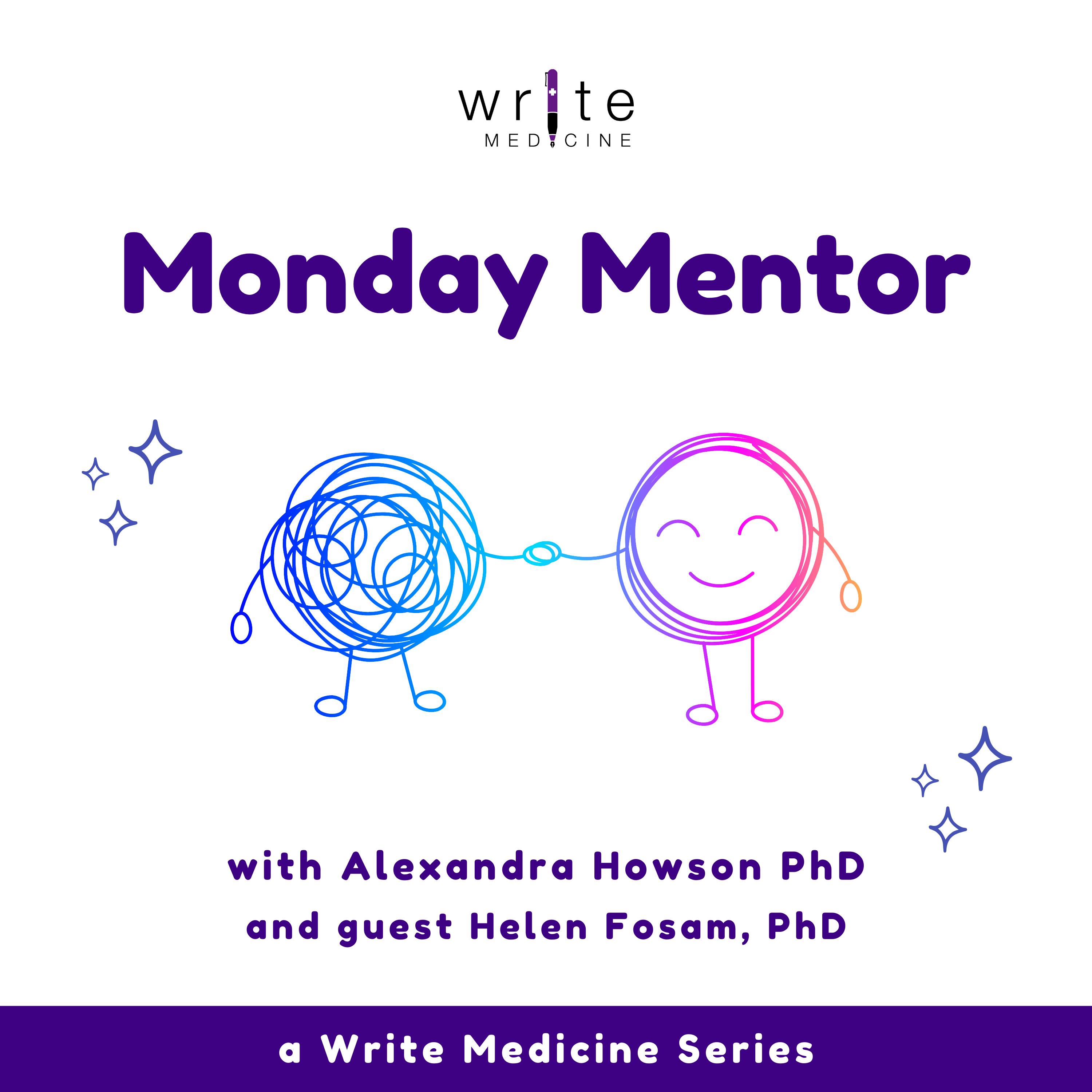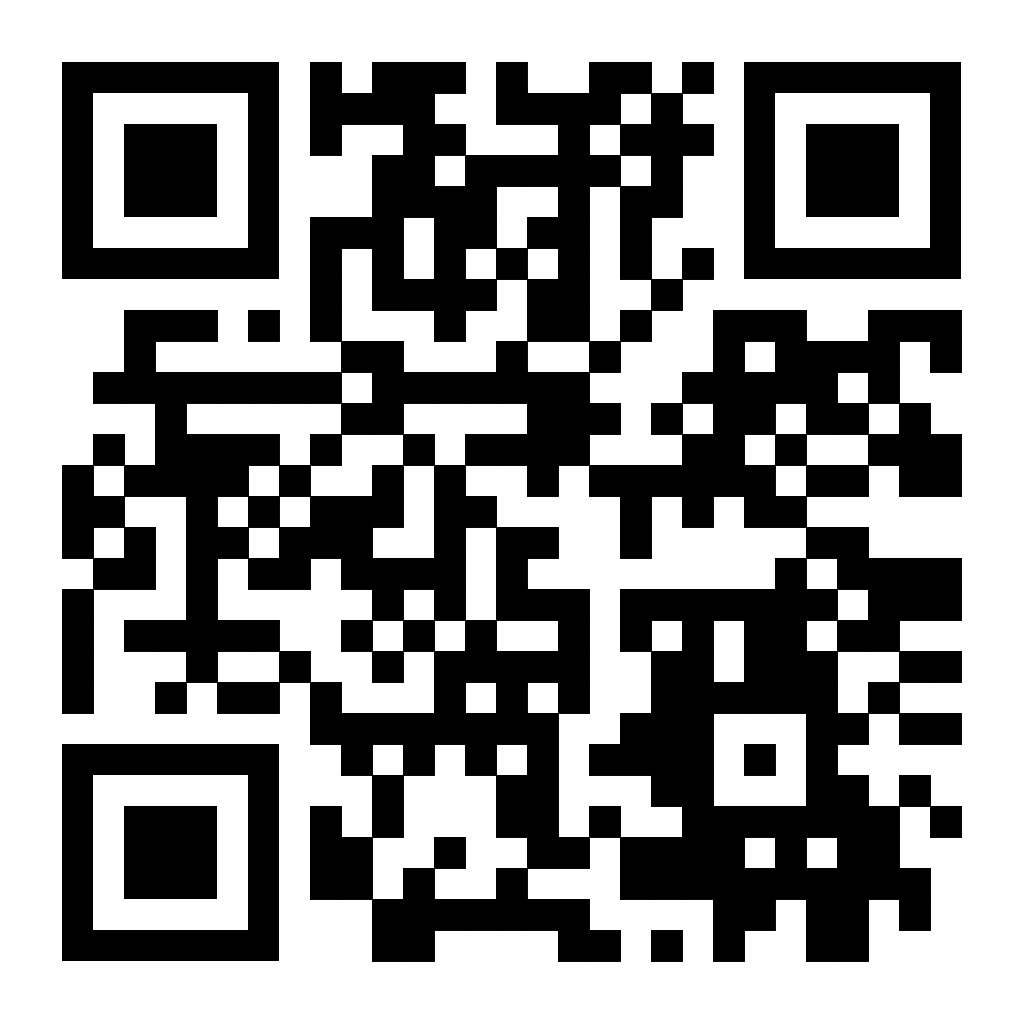Medical Writing, Mentoring, and CME
Welcome to Monday Mentor, a Write Medicine series. I’m your host Alex Howson and today Helen Folsam is back to share insights on CME medical writing. Helen Fosam is a seasoned medical writer with over 20 years shaping her career, beginning in academia in the UK then moving to the US where she discovered medical writing working at companies like Ince, WebMD, and small remote startups. She launched her own medical writing consulting business, The Edge Medical Writing, through which she founded the Milo initiative to provide continuing education to improve health outcomes in Africa.
In this episode, Helen dissects the nuances between medical and healthcare writing, discusses the challenges new writers face, and shares invaluable tips on asking the right questions to provide tailored content for clients.
Key Takeaways
1. Distinct Differences Between Medical and Healthcare Writing: There are important differences between medical writing and health writing in terms of target audience, objectives, accreditation status, and writing style.
2. Challenges in CME Writing: CME writing requires specialized expertise to effectively educate healthcare professionals through accredited activities. CME writing requires adherence to accreditation requirements, maintaining unbiased and evidence-based information, and preserving the integrity of CME.
3. Professional Development: Mentorship in the medical writing field is valuable, particularly for those new to the area. It acknowledges the challenges in providing quality mentorship, especially for freelancers, and the ongoing debate about sustainable mentorship models.
What steps can you take today?
1. Identify Your Niche: Reflect on your interests and skills to determine whether you are more inclined towards medical writing or health writing. This will help you focus your efforts on developing expertise in your chosen area.
2. Educate Yourself: Engage in continuous learning and professional development via specialized courses and workshops. Stay updated with the latest trends and standards in CME/CE writing. Subscribe to relevant podcasts and newsletters (ahem!).
3. Network and Seek Mentorship: Connect with experienced professionals in the field. Even if formal mentorship seems out of reach, informal networking can provide valuable guidance, help avoid common pitfalls, and accelerate career development. Consider joining professional groups or associations that cater to medical writers (like WriteCME Pro).
Connect with Helen
Time Stamps
- (01:21) – Helen’s background in academia
- (02:40) – How she found medical writing
- (06:50) – From her perspective, the differences between medical writing and healthcare writing
- (11:06) – Understanding the terminology in medical writing
- (15:53) – Creating accredited content versus creating content for education
- (20:32) – Addressing a fair and balanced approach with promotional content when mentoring new writers
- (23:46) – Sustainability of mentorship in freelance work
- (32:31) – Key takeaways from today’s conversation
Subscribe to the Write Medicine podcast!
Don’t forget to subscribe to the Write Medicine podcast for more valuable insights on continuing medical education content for health professionals. Click the Follow button and subscribe on your favorite platform.


































